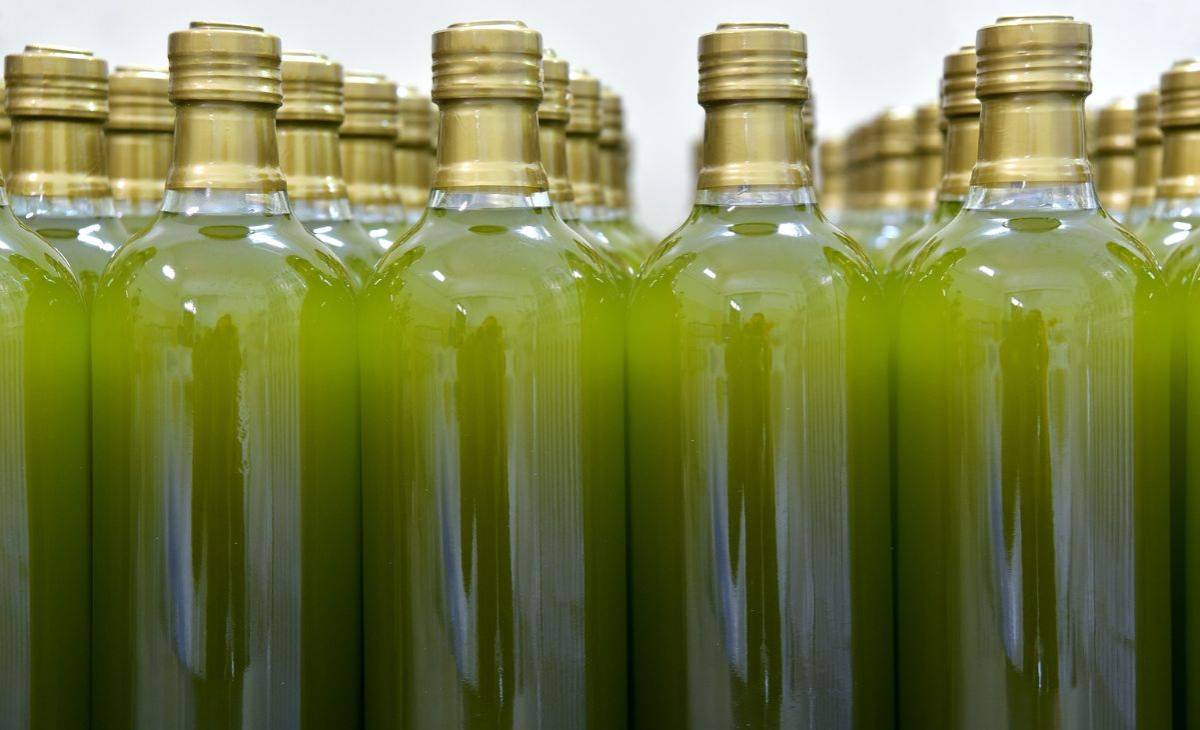Irregularities in extra virgin olive oil, German investigation reveals
In a recent investigation conducted by the Stuttgart Chemical and Veterinary Investigation Office (CVUA), over one hundred bottles of extra virgin olive oil have been analyzed finding irregularities in 40% of them. The situation was even more alarming for oils purchased online, as nearly all bottles failed to meet the required standards.
The German Federal Office for Consumer Protection and Food Safety has identified olive oil as one of the top ten most counterfeited foods in Germany, prompting regular quality checks by local authorities.
Between January and August 2023, the CVUA's central laboratory for edible oils and fats examined 141 samples of extra virgin olive oil, finding that 59 samples (42%) displayed labeling irregularities, serious defects, or outright adulteration.
The majority of the irregular oils (78%) were found to lack essential information on their labels, such as nutritional details. Furthermore, 19% of the irregular samples failed to meet the quality requirements specified by European legislation, rendering them ineligible to be classified as genuine extra virgin olive oil. Alarmingly, based on the test results, six of these samples were even classified as lampante oil, a product unfit for consumer consumption or use as a food ingredient. Among the irregular oils, only 3% were found to be adulterated with other vegetable oils, with two products containing a blend of olive oil and refined sunflower oil. Although the olive oil content in these samples ranged from a maximum of 25% to 40%, they were falsely labeled as "extra virgin olive oil."
In addition to retail store samples, the investigation extended to online retailers. The results were staggering, as 14 out of the 15 bottles were deemed irregular. Four of these samples failed the quality test, while the remaining ten exhibited significant labeling deficiencies.
The CVUA's findings highlight the persistent challenges associated with the authenticity and quality of extra virgin olive oil, as the allure of this "liquid gold" has made it a prime target for adulteration. To safeguard consumers from deception, regular testing of olive oils is crucial to protect consumers and ensure the integrity and authenticity of extra virgin olive oil.
Source:
Baden-Württemberg Die Untersuchungsämter für Lebensmittelüberwachung und Tiergesundheit






















